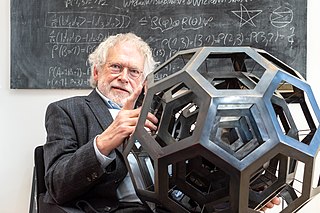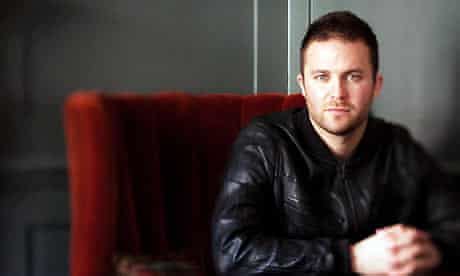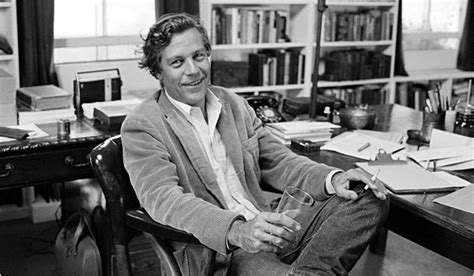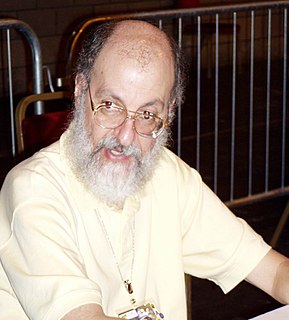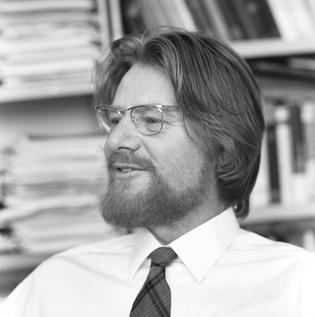A Quote by Barry N. Malzberg
Once you start rewriting, you're not able to stop. With each draft the fundamental banality and worthlessness of the material becomes more evident even as its vitality and spontaneity are drained from it.
Related Quotes
I am a technophile, so there is no such thing as a first draft. The first draft plunges on, and about a quarter of the way through it I realise I'm doing things wrong, so I start rewriting it. What you call the first draft becomes rather like a caterpillar; it is progressing fairly slowly, but there is movement up and down its whole length, the whole story is being changed. I call this draft zero, telling myself how the story is supposed to go.
Almost all good writing begins with terrible first efforts. You need to start somewhere. Start by getting something-anything-down on paper. A friend of mine says that the first draft is the down draft-you just get it down. The second draft is the up draft-you fix it up. You try to say what you have to say more accurately. And the third draft is the dental draft, where you check every tooth, to see if it's loose or cramped or decayed, or even, God help us, healthy.
So, you don't have laughs as a reference point any more, it becomes a bit of a science after that. And the last thing, you would love to be able to depend on a sense of spontaneity, but hours of waiting and then hours of repetition are not conducive to spontaneity so those are your obstacles. On the other hand it's a lot of fun. Plunging into a bit of physical comedy and abandoning all dignity, no one can really hurt you much after you much after that, once you've done it.
Collaboration is being open to each other's ideas and benefiting from each other's perspectives in an open way. Collaboration is all about rewriting and rewriting and rewriting and helping each other to constantly improve a piece. And, it's also about spurring each other on to doing really great, hard work - it's easier to do it in a collaboration than on your own.
If we stop believing in a future, if we stop doing things for something else but start doing them for now, some fundamental things change. Retirement becomes less about how much money you can squirrel away now and much more a matter of participating and contributing to your own community now so that they want to take care of you. … We’re going to move into a world where your retirement will be more secure if you’ve made lots of friends with young people rather than collected lots of dollars.
The concept of 'measurement' becomes so fuzzy on reflection that it is quite surprising to have it appearing in physical theory at the most fundamental level ... does not any analysis of measurement require concepts more fundamental than measurement? And should not the fundamental theory be about these more fundamental concepts?
After finishing the first draft, I work for as long as it takes (for two or three weeks, most often) to rework that first draft on a computer. Usually that involves expansion: filling in and adding to, but trying not to lose the spontaneous, direct sound. I use that first draft as a touchstone to make sure everything else in that section has the same sound, the same tone and impression of spontaneity.




